Elazar Zelzer is a developmental biologist at the Weizmann Institute of Science, specializing in musculoskeletal development. His research focuses on the role of proprioception—the body’s sense of position and movement—in maintaining spinal alignment. Disruptions in proprioceptive signaling have been implicated in scoliosis, a disorder characterized by abnormal spine curvature. His work bridges genetics, biomechanics, and evolution, offering insights into scoliosis etiology.
Recent findings highlight the role of PIEZO2, a key mechanosensitive ion channel, in proprioceptive neurons regulating spinal stability. Mutations or dysfunctions in PIEZO2 impair the body’s ability to sense and correct postural deviations, potentially leading to scoliosis. By investigating proprioceptive deficits in model organisms, Zelzer’s team aims to uncover the neuromechanical basis of spinal curvature disorders. His findings have broad implications for musculoskeletal disorders, regenerative medicine, and therapeutic interventions targeting neuromuscular-skeletal interactions.




